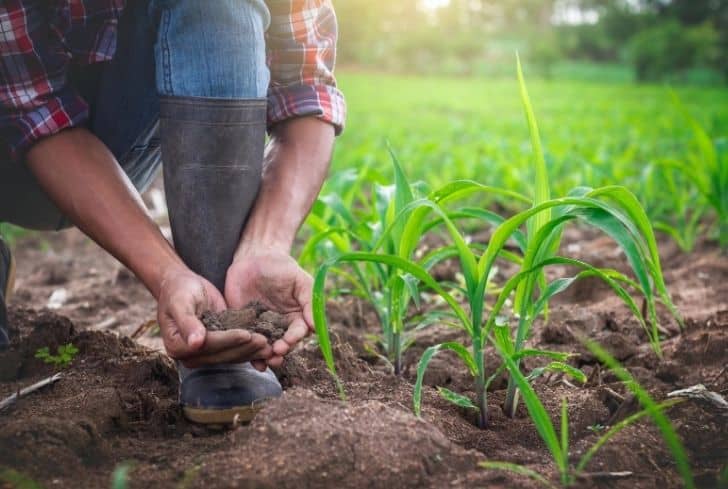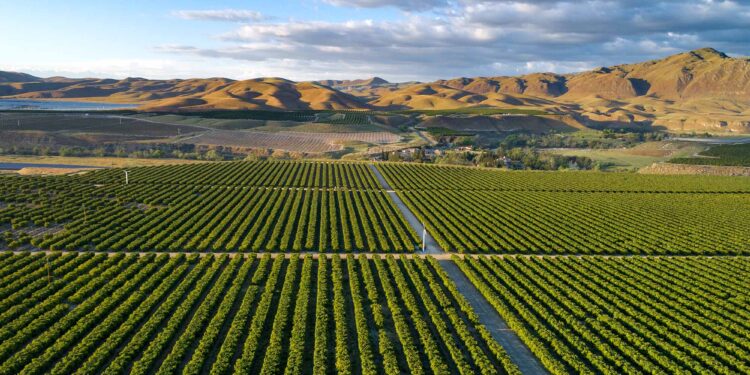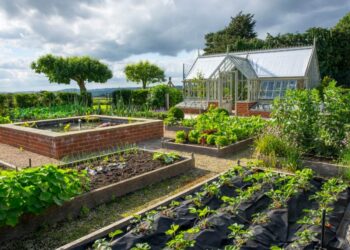This article is about sustainable agricultural practices that can help farmers produce food in a way that is environmentally friendly, socially responsible, and economically viable. It explores various sustainable practices and their benefits, as well as the challenges and limitations to their adoption.
Agriculture is an essential industry that feeds the world’s population, but it also has a significant impact on the environment. Unsustainable farming practices can lead to soil degradation, water pollution, and biodiversity loss, and contribute to climate change.
In recent years, there has been a growing awareness of the need to transition to more sustainable agricultural practices that reduce the environmental impact of farming while also promoting social and economic development.
Sustainable agricultural practices are those that meet the needs of the present without compromising the ability of future generations to meet their own needs.
They are based on the principles of conservation, preservation, and regeneration of natural resources, and involve a holistic approach to farming that takes into account the environmental, social, and economic impacts of agricultural activities.
Benefits of Sustainable Agricultural Practices:
Sustainable agricultural practices offer many benefits, both for farmers and for the environment. One of the most significant benefits is the preservation of natural resources, such as soil, water, and biodiversity.

By adopting practices that promote soil health, reduce water use, and promote biodiversity, farmers can help to ensure that these resources are available for future generations.
Sustainable practices can also improve the profitability of farming operations by reducing input costs, improving yields, and increasing market access.
For example, by using cover crops and crop rotations, farmers can reduce the need for synthetic fertilizers and pesticides, while also improving soil health and reducing erosion. These practices can also improve crop yields and quality, which can increase market opportunities and profitability.
Additionally, sustainable agricultural practices can promote social development by creating job opportunities and improving food security.
By adopting practices that promote local food systems and sustainable food production, farmers can help to ensure that communities have access to healthy, affordable food that is produced in an environmentally and socially responsible way.
Types of Sustainable Agricultural Practices:
There are many different types of sustainable agricultural practices that farmers can adopt, depending on their location, climate, and farming system. Some of the most commonly used practices include:
- Conservation Agriculture: This is a system of farming that aims to minimize soil disturbance, maintain soil cover, and promote crop rotations. By reducing soil erosion and improving soil health, conservation agriculture can help to increase yields and reduce the need for synthetic inputs.
- Agroforestry: This involves the integration of trees and shrubs into farming systems to promote biodiversity, improve soil health, and provide multiple benefits such as shade, windbreaks, and fuelwood.
- Integrated Pest Management: This is a system of pest management that uses a combination of biological, cultural, and chemical methods to control pests. By reducing the use of synthetic pesticides, farmers can improve the health of the environment and reduce the risk of pesticide resistance.
- Organic Farming: This involves the use of natural inputs and methods to produce crops and livestock. Organic farming practices aim to promote soil health, reduce synthetic inputs, and promote biodiversity, while also improving the quality of the food produced.
- Precision Agriculture: This involves the use of technology to optimize crop management, such as soil mapping, crop monitoring, and variable rate application of inputs. By using data to make informed decisions, farmers can reduce input costs, improve yields, and reduce environmental impact.
Challenges and Limitations:
Despite the many benefits of sustainable agricultural practices, there are also some challenges and limitations to their adoption. One of the main challenges is the cost of implementing these practices, which can be a barrier for small-scale farmers or those with limited resources.
Additionally, there may be cultural and social barriers to the adoption of sustainable practices, particularly if they are perceived as new or unfamiliar. There may also be a lack of knowledge or technical expertise on how to implement these practices effectively, which can lead to lower adoption rates.
Another limitation is that some sustainable practices may not be suitable for all farming systems or environments.

For example, conservation agriculture may be challenging in areas with high rainfall or steep slopes, where erosion control is more difficult. Agroforestry may not be suitable for areas with limited land availability or where crops are grown in monoculture systems.
Furthermore, sustainable practices may not always result in immediate economic benefits for farmers, which can make it difficult to convince them to adopt these practices.
In some cases, the benefits of sustainable practices may not be realized until several years after implementation, which can be challenging for farmers who are facing immediate financial pressures.
Conclusion:
Sustainable agricultural practices are essential for the long-term health of the planet and the well-being of its inhabitants.
By adopting practices that promote soil health, reduce water use, and promote biodiversity, farmers can help to ensure that the natural resources that sustain their livelihoods are available for future generations.
While there are challenges and limitations to the adoption of sustainable practices, there are also many benefits.
By improving soil health, reducing input costs, and increasing market opportunities, sustainable practices can help to improve the profitability and viability of farming operations. They can also promote social development by creating job opportunities and improving food security.
To fully realize the potential of sustainable agriculture, it is important to promote knowledge sharing and capacity building, particularly for small-scale farmers and those with limited resources.
By investing in sustainable agriculture, we can create a future where food is produced in a way that is environmentally friendly, socially responsible, and economically viable.










